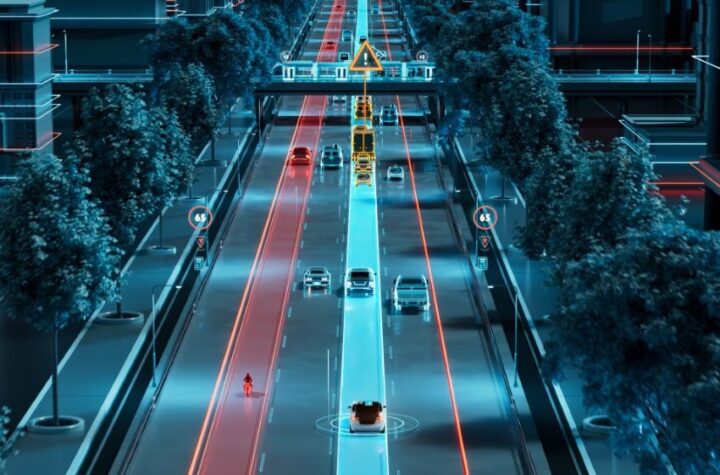
According to engine development company, Scuderi Group, its Air-Hybrid diesel could be the world’s most efficient internal combustion engine. The company also believes that diesel vehicles could become cheaper by 50 per cent.
“The Scuderi engine reduces the cost of diesel systems by eliminating or reducing turbo charging, injectors and exhaust treatment,” says Sal Scuderi, Scuderi Group president. By adding a small air storage tank with simple controls, the Scuderi engine recaptures energy normally lost during braking. To accomplish this with electric hybrids is expensive and complex, he says.
The Scuderi engine also recaptures energy from the exhaust, making it possible to utilize a Scuderi Air-Hybrid design in stationary applications such as electric generators. The first diesel and gasoline prototypes are expected to be completed by late 2007.
The Scuderi engine was developed by Carmelo Scuderi, who started working on split-cycle technology, resulting in a design that could make efficient and environmentally-friendly engines. Before dying, he patented the basic concept for his engine. Six of his children are marketing the technology. Today, the Scuderi Group has over $15 million worth of funding, patents for the Scuderi designs in 45 countries and endorsement from automotive experts.
The Scuderi Split-Cycle Engine changes the heart of the conventional engine by dividing the four strokes of the Otto cycle over a paired combination of one compression cylinder and one power cylinder. Gas is compressed in the compression cylinder and transferred to the power cylinder through a gas passage which includes a set of uniquely timed valves that maintain a precharged pressure through all four strokes of the cycle. Shortly after the piston in the power cylinder reaches its top dead center position, the gas is transferred to the power cylinder and fired to produce the power stroke.
The engine is expected to improve fuel efficiency by almost one third, emit 80% less toxic emissions, enhance the performance of hybrid engines, and provide more power than a conventional engine – without compromising size or performance. It is easy to manufacture as it utilizes the same components found in today’s engines.
Automotive Industries spoke to Scuderi Group president, Sal Scuderi.
AI: What is the OEMs’ reaction to the technology?
Scuderi: The reaction has been overwhelmingly positive. Once engineers started seeing how we were able to overcome some of the obstacles that have plagued split cycle engines for decades, the phone has not stopped ringing. As of now (December 2006), we have not signed on a licensee. We are in discussion with most major auto, bus and truck makers in the U.S., Europe and Asia and recently completed a tour to the major auto manufacturers in India.
AI: Why is the technology so important today?
Scuderi: Gas prices are leveling but won’t get lower. Many OEMs want to find a system to comply with the upcoming emission standards and make their vehicles less costly. Traditional car makers need to respond to consumer demand for more fuel-efficient and environmentally friendly vehicles. Our engine is the most near-term answer to these challenges.
AI: Will emerging markets take to the air-hybrid engine technology quicker than mature markets?
Scuderi: Car, truck and bus makers in India have been very motivated to incorporate our engine into their products. The mature markets are right behind them.




More Stories
TomTom’s Orbis Maps with 3D Lane geometry set new standards for mapping precision
Accelerating The Development of Hydrogen Vehicles & Infrastructure – Europe’s Biggest Players Meeting at Premier Event
Automotive IQ Announces the 15th Annual Automotive Functional Safety Week 2025